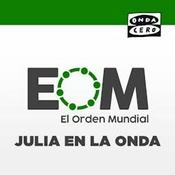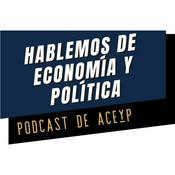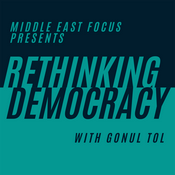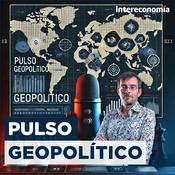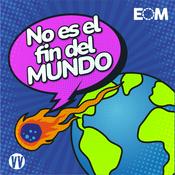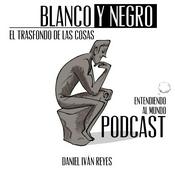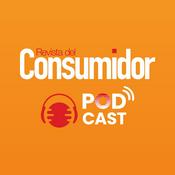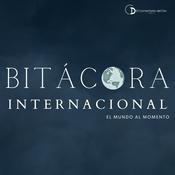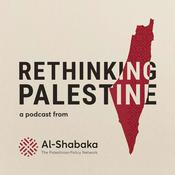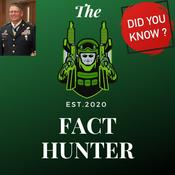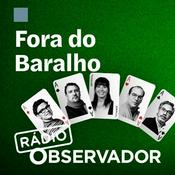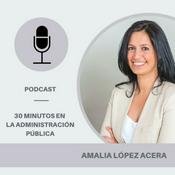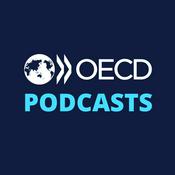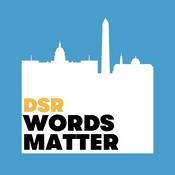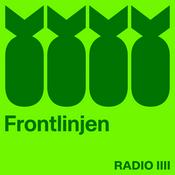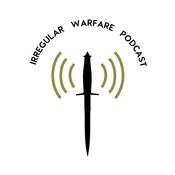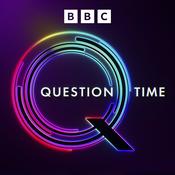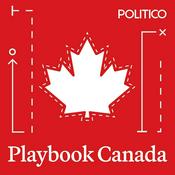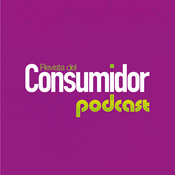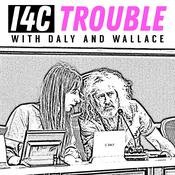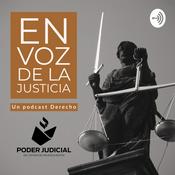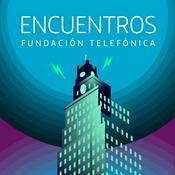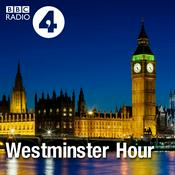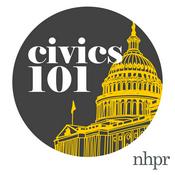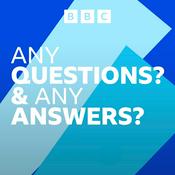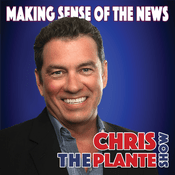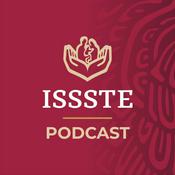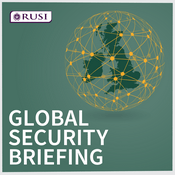105 episodios

Reproductive Agency vs. Authoritarian Demographics
10/12/2025 | 56 min
Democracy in Question? is brought to you by:• Central European University: CEU• The Albert Hirschman Centre on Democracy in Geneva: AHCD• The Podcast Company: scopeaudio Follow us on social media!• Central European University: @weareceu.bsky.social• Albert Hirschman Centre on Democracy in Geneva: @ahcdemocracy.bsky.social Subscribe to the show. If you enjoyed what you listened to, you can support us by leaving a review and sharing our podcast in your networks!

Quinn Slobodian on the “New Fusion” of Neoliberalism and the Far Right (Part 2)
12/11/2025 | 1 h 2 min
Our guest: Quinn Slobodian Democracy in Question? is brought to you by:• Central European University: CEU• The Albert Hirschman Centre on Democracy in Geneva: AHCD• The Podcast Company: scopeaudio Follow us on social media!• Central European University: @weareceu.bsky.social• Albert Hirschman Centre on Democracy in Geneva: @ahcdemocracy.bsky.social Subscribe to the show. If you enjoyed what you listened to, you can support us by leaving a review and sharing our podcast in your networks!

Quinn Slobodian on Capitalism, Democracy, and the Politics of Zones (Part 1)
08/10/2025 | 58 min
Our guest: Quinn Slobodian Democracy in Question? is brought to you by:• Central European University: CEU• The Albert Hirschman Centre on Democracy in Geneva: AHCD• The Podcast Company: scopeaudio Follow us on social media!• Central European University: @weareceu.bsky.social• Albert Hirschman Centre on Democracy in Geneva: @ahcdemocracy.bsky.social Subscribe to the show. If you enjoyed what you listened to, you can support us by leaving a review and sharing our podcast in your networks! GLOSSARY Bantustan A Bantustan was one of ten territories designated by South Africa's apartheid government as "homelands" for Black African populations. Established during the mid-20th century, these areas were intended to segregate Black South Africans from political and economic life in the rest of the country. Each Bantustan was associated with a specific ethnic or linguistic group, such as the Zulu, Xhosa, or Tswana peoples. Although some were nominally granted "independence," none were recognized internationally, and they were largely dependent on the South African state for funding and security. Life in Bantustans was often marked by poverty, underdevelopment, and limited political rights, with residents stripped of South African citizenship to reinforce segregation. The Bantustan system was widely criticized as a tool of racial exclusion, designed to legitimize apartheid while maintaining white political and economic dominance. source

Arjun Appadurai on Universities, Autonomy, and the Future of Democracy
10/9/2025 | 59 min
Our guest: Arjun Appadurai Democracy in Question? is brought to you by:• Central European University: CEU• The Albert Hirschman Centre on Democracy in Geneva: AHCD• The Podcast Company: scopeaudio Follow us on social media!• Central European University: @weareceu.bsky.social• Albert Hirschman Centre on Democracy in Geneva: @ahcdemocracy.bsky.social Subscribe to the show. If you enjoyed what you listened to, you can support us by leaving a review and sharing our podcast in your networks! GLOSSARY McCarthyism (07:46) McCarthyism describes a period in the early 1950s when U.S. Senator Joseph McCarthy of Wisconsin led a campaign to uncover alleged communist influence within the American government. From 1950 to 1954, McCarthy gained national attention by making sweeping accusations of subversion and disloyalty, often without credible evidence. His claims fueled widespread fear during the Cold War and resulted in many individuals losing jobs or reputations despite the lack of proof. The term has since come to signify the practice of making unsubstantiated charges, especially in a highly publicized or politically motivated way. McCarthy’s power declined after his aggressive methods were exposed during nationally televised hearings in 1954, when public opinion turned against him. Later that year, the U.S. Senate formally censured him, marking the collapse of his influence. Today, McCarthyism is remembered as a cautionary example of how fear and suspicion can undermine democratic institutions. source

Michael Ignatieff on the Contradictions of Liberal Democracy
25/6/2025 | 52 min
Our guest: Michael Ignatieff Democracy in Question? is brought to you by:• Central European University: CEU• The Albert Hirschman Centre on Democracy in Geneva: AHCD• The Podcast Company: scopeaudio Follow us on social media!• Central European University: @weareceu.bsky.social• Albert Hirschman Centre on Democracy in Geneva: @ahcdemocracy.bsky.social Subscribe to the show. If you enjoyed what you listened to, you can support us by leaving a review and sharing our podcast in your networks!
Más podcasts de Gobierno
Podcasts a la moda de Gobierno
Acerca de Democracy in Question?
Escucha Democracy in Question?, El Orden Mundial y muchos más podcasts de todo el mundo con la aplicación de radio.net
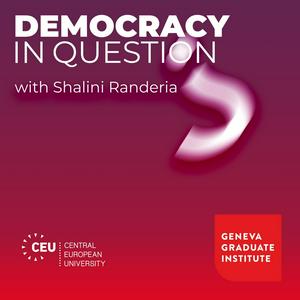
Descarga la app gratuita: radio.net
- Añadir radios y podcasts a favoritos
- Transmisión por Wi-Fi y Bluetooth
- Carplay & Android Auto compatible
- Muchas otras funciones de la app
Descarga la app gratuita: radio.net
- Añadir radios y podcasts a favoritos
- Transmisión por Wi-Fi y Bluetooth
- Carplay & Android Auto compatible
- Muchas otras funciones de la app


Democracy in Question?
Descarga la app,
Escucha.
